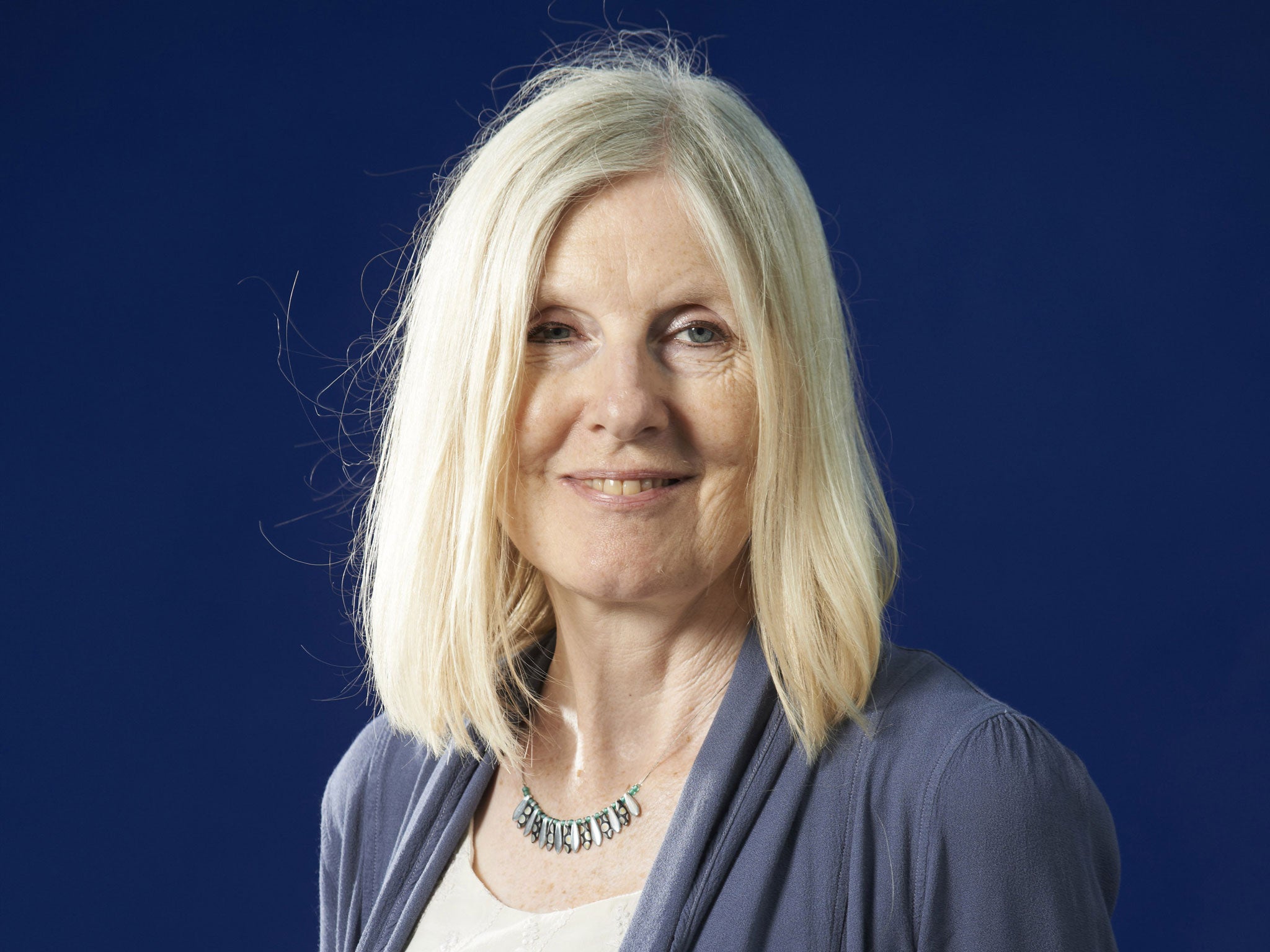Exposure by Helen Dunmore, book review: Spying shorn of all glamour
Helen Dunmore's subtle tale of espionage and fear has a refreshingly human scale

Your support helps us to tell the story
From reproductive rights to climate change to Big Tech, The Independent is on the ground when the story is developing. Whether it's investigating the financials of Elon Musk's pro-Trump PAC or producing our latest documentary, 'The A Word', which shines a light on the American women fighting for reproductive rights, we know how important it is to parse out the facts from the messaging.
At such a critical moment in US history, we need reporters on the ground. Your donation allows us to keep sending journalists to speak to both sides of the story.
The Independent is trusted by Americans across the entire political spectrum. And unlike many other quality news outlets, we choose not to lock Americans out of our reporting and analysis with paywalls. We believe quality journalism should be available to everyone, paid for by those who can afford it.
Your support makes all the difference.The title of Helen Dunmore's new novel is suggestive of tabloid sensation or possibly of derring-do, but the reality is a quieter, more subtle affair. Spy stories may conjure up the complex plot twists of John Le Carré or the glamour of Ian Fleming via big screen James Bonds but in the hands of the inaugural Orange Prize winner, the business of spooks is hatched in down-at-heel university digs and conducted amid north London domesticity. "Spies aren't cloak-and-dagger types at all, not in real life," she says. "They're dull as ditchwater."
Decent family man Simon Callington is married to Lily, originally Lili, a German Jewish refugee, and works at the Admiralty in a job secured for him post-Cambridge by Giles Holloway, a mildly disreputable drunk. His apparently comfortable, uncomplicated life begins to unravel when Holloway is hospitalised after a bad fall and asks Callington to return to work a Top Secret file that he should never have taken home.
Dunmore is obviously eager for the pleasure of her novel not to lie in the coup de théâtre surprises of other spy writers. This review will carefully try to avoid too many spoilers (though that's quite an ask), but it is scarcely giving much away to point out Callington's fate is (partially) revealed in the prologue and our central secret agent is exposed on the third page of the first chapter. "He knows exactly which train he will catch, if ever he needs to disappear," she tells us.
Fans of the genre who have become accustomed to the convolutions of spy thrillers might find the comparative simplicity of Dunmore disappointing. The novel depends partly on the unoriginal trope of the blackmail threat of exposing homosexual behaviour, yet the gay love is left curiously unexplored. Can a relationship in youth be cast aside for the conventions of marriage with not a glimpse backwards?
Apparently so for Dunmore who is, instead, fascinated by whether people notice what is under their very noses. Her direction is signalled from the off: "It isn't what you know or don't know: it's what you allow yourself to know." Or as it is expressed later: "Concealment was an art you had to learn, and then you saw it everywhere, although you'd never suspected its existence until you began to be part of it." Callington becomes the dupe because he was the type who would "never climb past the middle of any ladder, let alone to the top". He had, he recognises, chosen not to see. This failure has consequences. At the end, the reader is tempted to ask why the Callingtons do not use their trump card once it becomes clear that it must have triggered the nightmare series of events which follow Holloway's request.
Yet that is, perhaps, where Lily is so crucial to the story. She possesses a quiet bravery and a steely nerve born of surviving the terror of her youth. Dunmore has spoken before of her fascination with the "long shadows of war" as seen in many of her previous works including her last, The Lie, and the shadow of history is crucial here, too. Though the year is 1960, the blackout blind Holloway has never taken down is a reminder of that. Lily Carrington will always err on the side of caution, whether in family finances or in her considered response to the crisis that engulfs her because she is different from her dear friend, Erica, who "knows nothing, because she has never been afraid".
If Dunmore's espionage is certainly not "dull as ditchwater," neither is Exposure a seat-of-your-pants page-turner. It is, in many ways, a romance where salvation comes through a late, unexpected and generous act of love. Whether it grips may be a question of temperament.
Hutchinson, £16.99. Order at £14.99 inc. p&p from the Independent Bookshop
Join our commenting forum
Join thought-provoking conversations, follow other Independent readers and see their replies
Comments